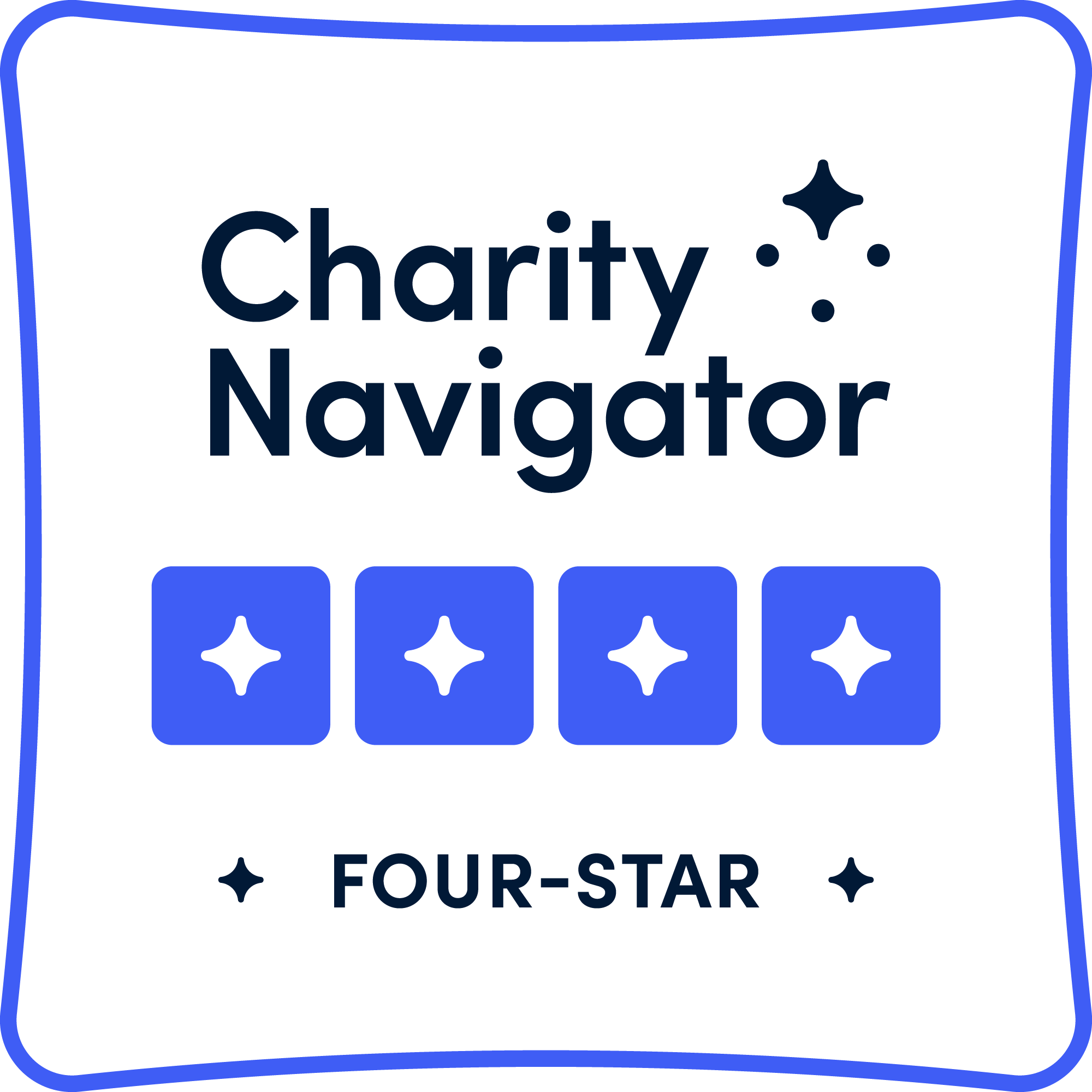Gene Silencing Holds Promise for Treating Hereditary ATTR Amyloidosis
A novel therapeutic approach which exploits the normal biological process of gene silencing, or RNA interference (RNAi), is continuing to show promise as a potential treatment for hereditary ATTR (hATTR) amyloidosis. Results presented recently at the 1st European ATTR Amyloidosis Meeting for Patients and Doctors held in Paris, France, have further demonstrated the benefits of two such RNAi drugs, patisiran and inotersen, for patients with this type of amyloidosis.
Both drugs work by “silencing” the expression of the mutant TTR gene and therefore stop the production of the misfolded transthyretin protein, the cause of the amyloid deposits in hATTR amyloidosis.
Data from the Phase 3 APOLLO trial for hATTR amyloidosis patients with polyneuropathy were presented after an 18-month follow up. Compared to those in the control group, patients receiving intravenous patisiran had significantly lower circulating transthyretin levels, reduced neurological impairment and fewer cardiac symptoms. In addition, patients reported they were more able to carry out activities of daily living, had better overall health and greatly improved quality of life.
Results from the Phase 3 Neuro-TTR also showed that patients benefited significantly from once weekly subcutaneous injections of inotersen in terms of quality of life and measures of neurological function compared to patients in the control group. These were achieved regardless of disease stage, the presence of cardiomyopathy and type of mutation.
“There is such a huge unmet need in amyloidosis treatment, but these results could pave the way for patisiran and inotersen to become the first approved treatments for hATTR amyloidosis patients” said Isabelle Lousada, CEO of the Amyloidosis Research Consortium.
Inotersen has recently been submitted for regulatory assessment in the United States and Europe while patisiran will follow suit in the coming months.
Isabelle Lousada added “These are exciting times for the amyloidosis community. If successful, inotersen and patisiran will not only be the first for amyloidosis but also the first RNAi-based therapeutic drugs to be approved for use in any disease.”
- Categories
- Lastest Posts
- Phase 3 Clinical Trial of Birtmamimab in AL Amyloidosis Fails to Meet Primary Endpoint
- FDA Approves Amvuttra™ (vutrisiran) for ATTR-CM: More Options for Patients
- FDA Approves Attruby™ (acoramidis) for the Treatment of ATTR-CM: A New Option for Patients
- ARC Launches Clinical Fellowship Program to Advance Amyloidosis Care



